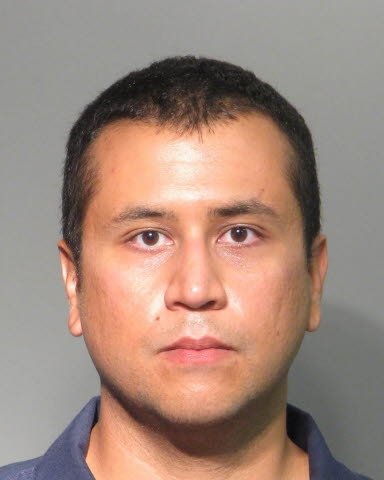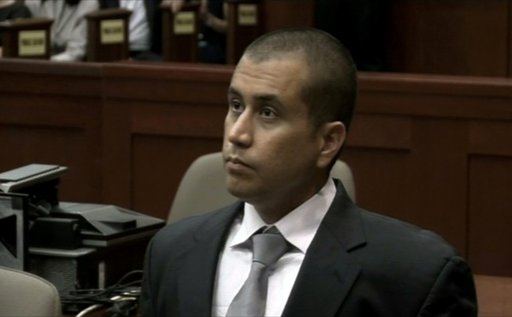 The Supreme Court recently held that it is cruel and unusual punishment to send a young murderer to life in prison if a judge has not first weighed whether he deserves a shorter prison sentence due to his youth and the specific nature of his crimes. The 5-4 decision struck down laws on the books in some 28 states – including Florida – that say life sentences without parole for juvenile murderers are acceptable.
The Supreme Court recently held that it is cruel and unusual punishment to send a young murderer to life in prison if a judge has not first weighed whether he deserves a shorter prison sentence due to his youth and the specific nature of his crimes. The 5-4 decision struck down laws on the books in some 28 states – including Florida – that say life sentences without parole for juvenile murderers are acceptable.
Officials in Florida law enforcement say it will take some time for the state to assess the impact of the ruling. Most experts in the state say that the number of state prisoners affected by the Supreme Court ruling is around 250, but the data are not all in yet.
It’s clear that Florida’s laws will have to be rewritten thanks to the recent ruling. Florida’s judiciary is bound by the state’s 10-20-Life law, passed in 1999, which says possessing a gun while committing some felonies brings an automatic 10-year minimum sentence, that when a gun is fired in the commission of a crime, the minimum sentence is 20 years, and if someone is shot the sentence goes up to life. It’s important to note that the decision does not mean it’s unconstitutional to sentence juveniles to life in prison, only that statutes that make such sentences mandatory are no longer acceptable. In Florida, if a juvenile who is certified as an adult is convicted of first-degree murder, the only option is life without parole.
 Jacksonville Criminal Defense Lawyer Blog
Jacksonville Criminal Defense Lawyer Blog








